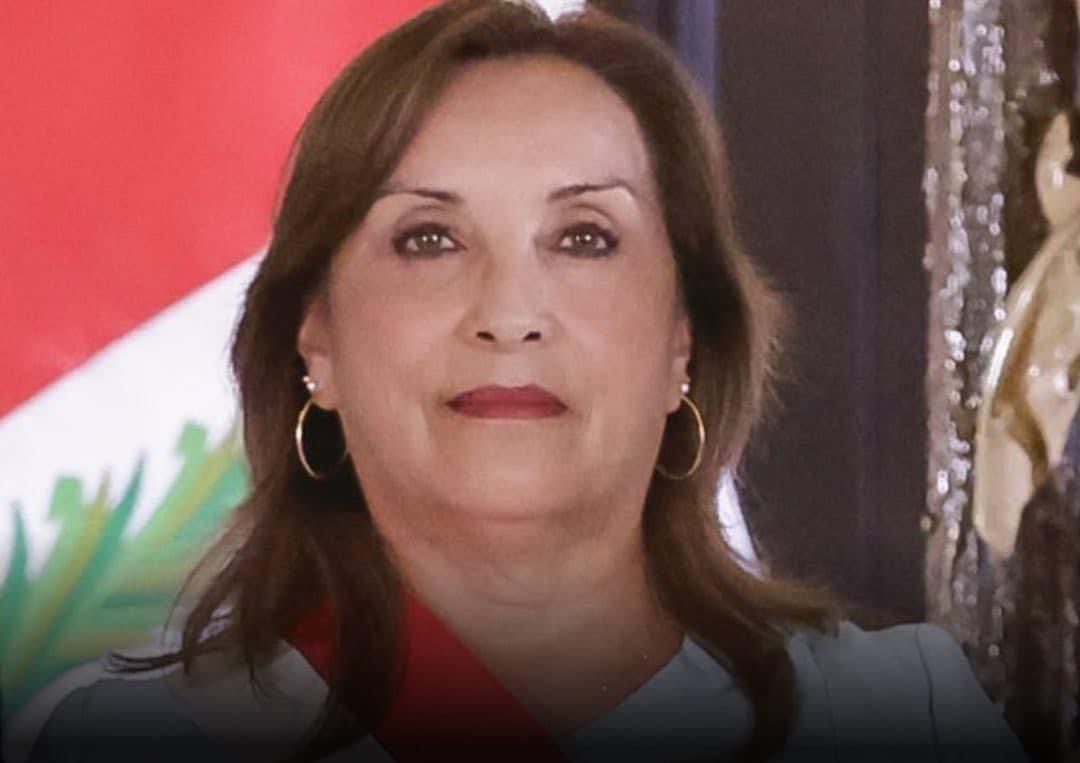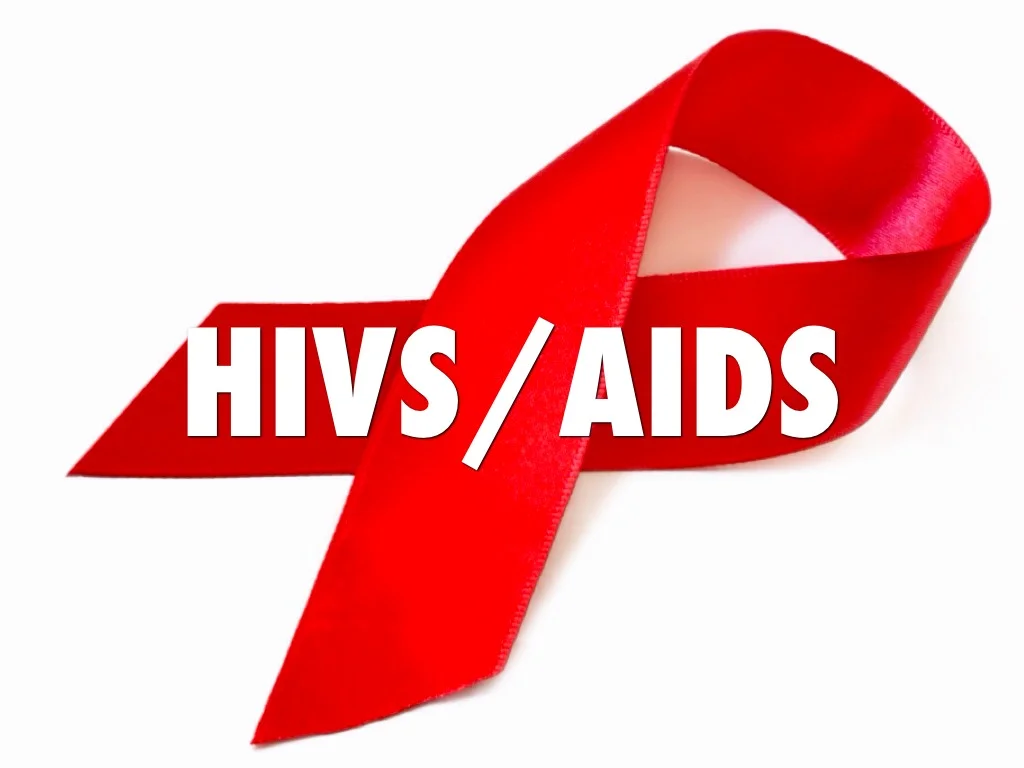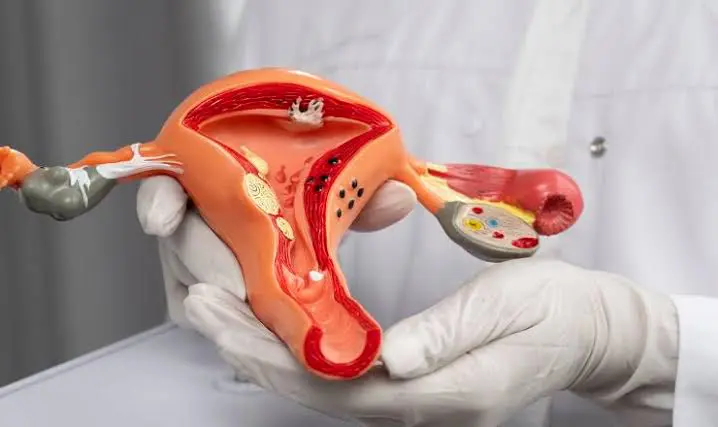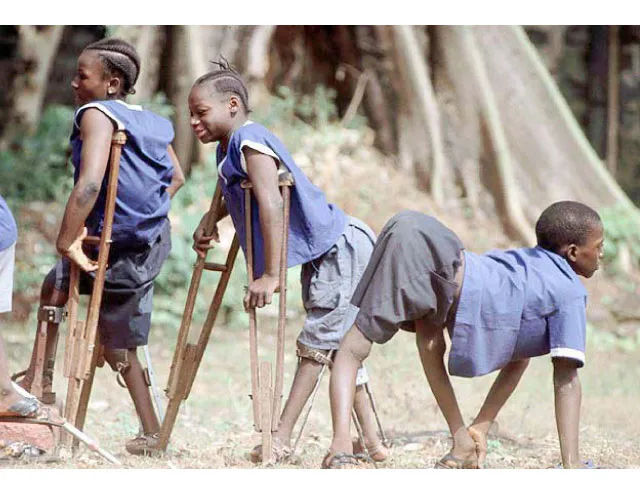Health
Peru officially classifies trans people, inters+x as ‘m+ntally ill’
Published
11 months agoon
By
Ekwutos Blog
The Peruvian government has officially changed its laws to legally classify transgender, nonbinary and inters£x p£ople as m+ntally ill.
Peru’s President Dina Boluarte signed the decree into law last week, categorizing gender identities as outright m+ntal illness.
According to The Telegraph, the country’s health ministry said the decree was the only way Peru’s public health services could “guarantee full coverage of medical attention for m+ntal health”.
This decision has sparked significant backlash across the country. It follows a recent move by lawmakers to remove references to gender equality from school textbooks, which has severely undermined educational efforts aimed at preventing domestic vi%lence and fem+cide.
Health Minister César Vásquez has not addressed the controversy surrounding the decree but has defended President Dina Boluarte, who is currently under investigation for the unexplained acquisition of expensive jewellery, including a diamond-encrusted Cartier bracelet valued at £40,000.
Last week, her brother Nicanor Boluarte was arrested for selling senior jobs in the government. The president responded by dismantling an elite police anti-corruption unit and unsuccessfully attempting to block the publication of official statistics showing a rise in poverty.
You may like


BREAKING! India Orders All Pakistani Citizens To Leave Country


State Pension inheritance rule can boost payments by more than £5,000 – see if you qualify


Governorship Candidate of the Young Progressives Party (YPP) in Anambra State, Sir Paul Chukwuma has nominated Chief Uzuegbunam Okagbue, the former Chief Protocol Officer and Deputy Chief of Staff to former Gov. Willie Obiano as his running mate in the November 8, 2025 Anambra governorship election


Tinubu’s Delegates Arrives vatican, led delegation to the Lying-in-State of Pope Francis


Damagum: Wike’s aide blasts Ugochinyere for asking PDP to expel FCT Minister, Anyanwu


Tinubu’s reforms yielding positive results – APC State commissioners
Health
Ogun unveils new strategy to fight HIV/AIDS
Published
1 day agoon
April 24, 2025By
Ekwutos Blog
Ogun State Government has unveiled a new strategic plan aimed at achieving zero infection and ensuring sustained treatment and care for people living with HIV/AIDS epidemic.
Commissioner for Health, Dr. Tomi Coker, made this known at the opening of a three-day stakeholders’ engagement meeting towards developing the State HIV/AIDS Strategic Plan for 2025-2027 in Abeokuta on Wednesday.
Coker, represented by the Special Adviser to the Governor on Health, Dr. Tayo Lawal, affirmed that the new development would play a significant role in the lives of the people living with HIV.
The Commissioner stated that, “it’s no longer news that donors are drastically withdrawing their support, unlike during the World Bank era when support was at its peak. We’re all witnesses to the current state of HIV response in the country.
“However, the fight against the disease cannot be won by the government alone; a multisectoral response to HIV must be fully activated. Every stakeholder must come together to fight this epidemic.”
In his welcome address, the Executive Secretary of the Ogun State Agency for the Control of AIDS, Dr. Kehinde Fatungase, emphasised the need to develop a technical work plan that would guide the state’s efforts over the next two years, utilising available resources effectively, despite the existence of a National Strategic Plan.
Representatives from the National Agency for the Control of AIDS, APIN Public Health Initiative, and Civil Society on HIV/AIDS in Nigeria, showed commitment towards supporting the planning and implementation of the strategic plan.
Health
12,000 women diagnosed with cervical cancer annually – Minister
Published
5 days agoon
April 21, 2025By
Ekwutos Blog
About 12,000 Nigerian women are diagnosed with cervical cancer annually, despite the disease being largely preventable, the Coordinating Minister of Health and Social Welfare, Dr Mohammed Ali Pate, has disclosed.
The Minister made the disclosure during the launch of the cervical cancer vaccine campaign and the Human Papillomavirus (HPV) vaccine integration sensitisation exercise held at Government Girls College, Bauchi.
According to him, “There is the need for greater awareness among stakeholders as part of efforts to eliminate cervical cancer in Bauchi State and across Nigeria.”
With the HPV vaccine, Pate stated that the disease can be prevented if vaccination is administered early to individuals who are susceptible to the virus and at risk of eventually developing cervical cancer.
He assured the commitment of the President to the cause and recalled the official flag-off of the HPV vaccination campaign in October 2023.
The Director-General of the National Institute for Cancer Research and Treatment, Dr Usman Malami, in his remarks, explained that cervical cancer is one of the few cancers with a known cause.
He added that it makes it one of the most preventable forms of cancer, stressing that since they already know what causes it and what can provide lifelong immunity, vaccination becomes a critical tool.
Health
Katsina targets three million children for polio immunisation — Official
Published
1 week agoon
April 16, 2025By
Ekwutos Blog
The Katsina State Primary Healthcare Development Agency (SPHCA) says it is targeting not less than three million children during the polio immunisation campaign scheduled for 26 -29 April.
Its Executive Secretary, Shamsudeen Yahaya, made the disclosure on Tuesday at a media dialogue with UNICEF, Katsina State Government officials and partners on polio and routine immunisation in the state.
Mr Yahaya said the exercise was aimed at creating awareness of the importance of immunisation in saving children from preventable deaths.
He, therefore, urged the media to continue to enlighten caregivers and other stakeholders on the importance of immunisation.
He revealed that the state has 1,636 health facilities providing routine immunisation services for children.
Mr Yahaya said the government would engage 3,700 independent monitors to ensure that each eligible child is reached during the campaign.
In his remarks, the Officer-in-Charge (OIC), also the Nutrition Manager of UNICEF Kano Field Office, Karanveer Singh, stressed the need to immunise every child against polio and other deadly diseases.
Mr Singh revealed that polio is highly infectious, warning, “Once a child is infected with the virus, he or she is permanently paralysed.”
The officer explained that every round of immunisation is important, as is immunising every child until the virus is completely eradicated.
He added that immunisation is the backbone of any eradication programme, hence the need for caregivers and other stakeholders to intensify efforts in ensuring that all children below five years are fully immunised.

BREAKING! India Orders All Pakistani Citizens To Leave Country

State Pension inheritance rule can boost payments by more than £5,000 – see if you qualify

Governorship Candidate of the Young Progressives Party (YPP) in Anambra State, Sir Paul Chukwuma has nominated Chief Uzuegbunam Okagbue, the former Chief Protocol Officer and Deputy Chief of Staff to former Gov. Willie Obiano as his running mate in the November 8, 2025 Anambra governorship election
Trending

 Trending6 months ago
Trending6 months agoNYA demands release of ‘abducted’ Imo chairman, preaches good governance
- Business6 months ago
US court acquits Air Peace boss, slams Mayfield $4000 fine

 Politics6 months ago
Politics6 months agoMexico’s new president causes concern just weeks before the US elections
- Entertainment6 months ago
Bobrisky transferred from Immigration to FCID, spends night behind bars
- Entertainment6 months ago
Bobrisky falls ill in police custody, rushed to hospital

 Politics6 months ago
Politics6 months agoRussia bans imports of agro-products from Kazakhstan after refusal to join BRICS

 Politics6 months ago
Politics6 months agoPutin invites 20 world leaders
- Politics1 year ago
Nigerian Senate passes Bill seeking the establishment of the South East Development Commission.

